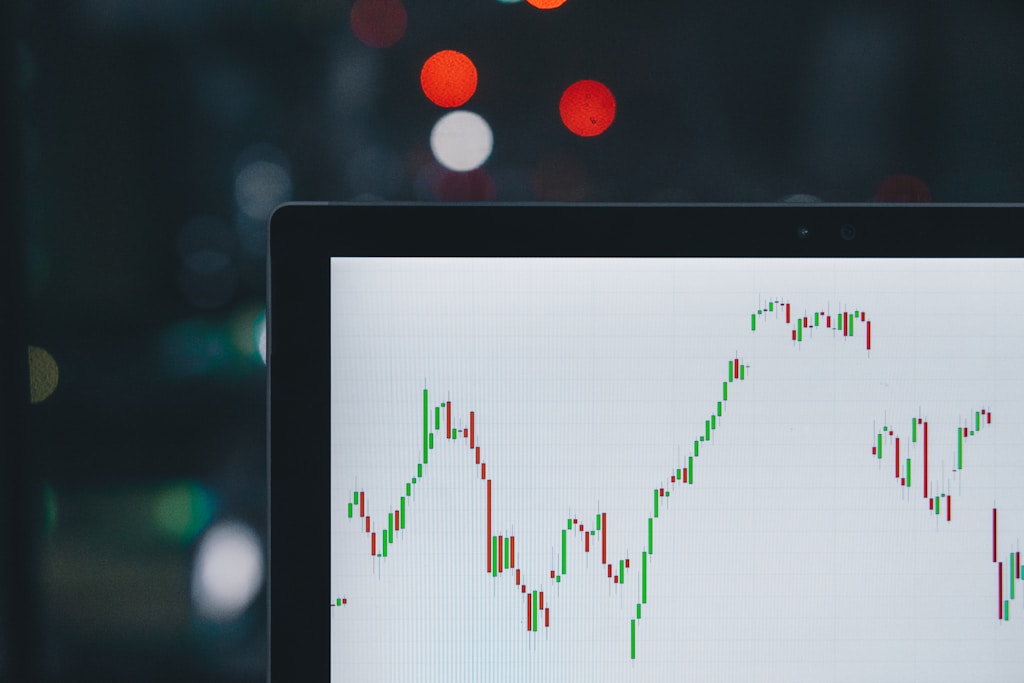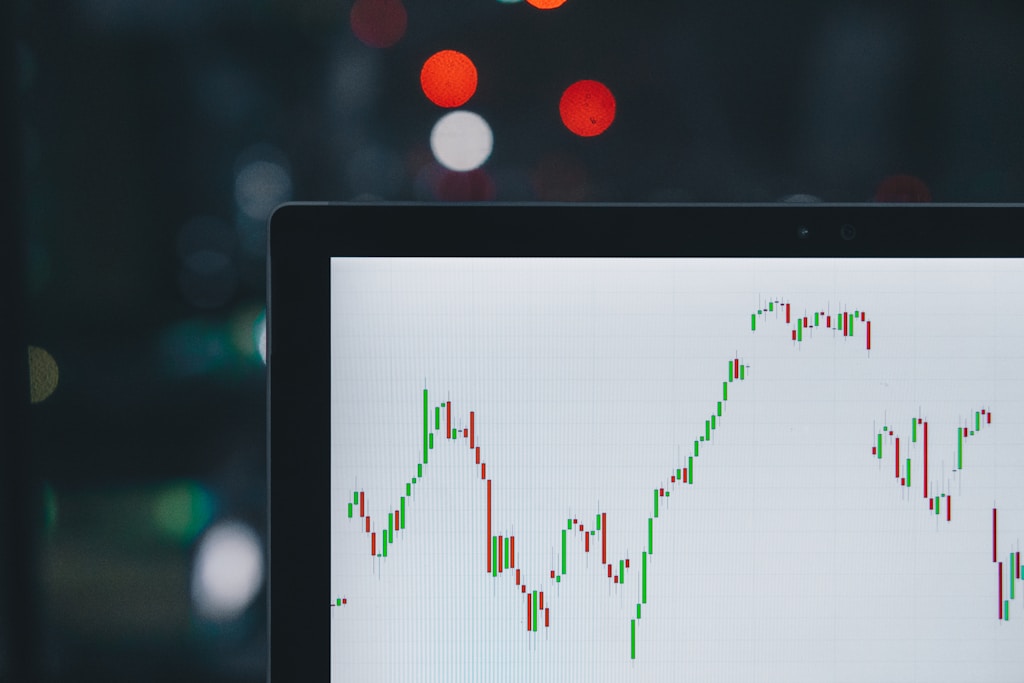Bitcoin and Ethereum prices tumbled sharply on Wednesday as Trump’s aggressive tariffs on Chinese imports took effect, triggering widespread liquidations across crypto markets and traditional financial sectors.
The leading cryptocurrency Bitcoin (BTC) plunged 8% to test critical support at $74,000, while Ethereum (ETH) saw similar losses, dropping below the psychological $3,000 level. The market turmoil resulted in over $411 million in liquidated positions over the past 24 hours.
Market Impact of Escalating Trade War
The latest selloff comes as tensions between the US and China reached new heights, with Trump’s administration implementing sweeping tariffs on Chinese goods. The move has sparked fears of a broader economic slowdown that could impact risk assets like cryptocurrencies.
Technical Analysis and Key Support Levels
Bitcoin’s price action suggests increased volatility ahead, with key support levels now being tested:
- Primary support: $74,000
- Secondary support: $72,500
- Major resistance: $78,000
Expert Outlook and Market Sentiment
Despite the current downturn, some analysts remain optimistic. Tim Draper suggests that Bitcoin could actually benefit from the trade war as investors seek haven assets outside traditional markets.
FAQ Section
How long will the crypto market downturn last?
Market analysts suggest the current correction could extend until trade tensions ease, with potential recovery signals emerging at the $72,500 support level.
Will other cryptocurrencies be affected?
Most altcoins are experiencing similar downward pressure, with market-wide correlation typically increasing during periods of macro uncertainty.
What’s the next major support level for Bitcoin?
If current levels fail to hold, the next major support zone lies at $72,500, followed by the psychological $70,000 level.

